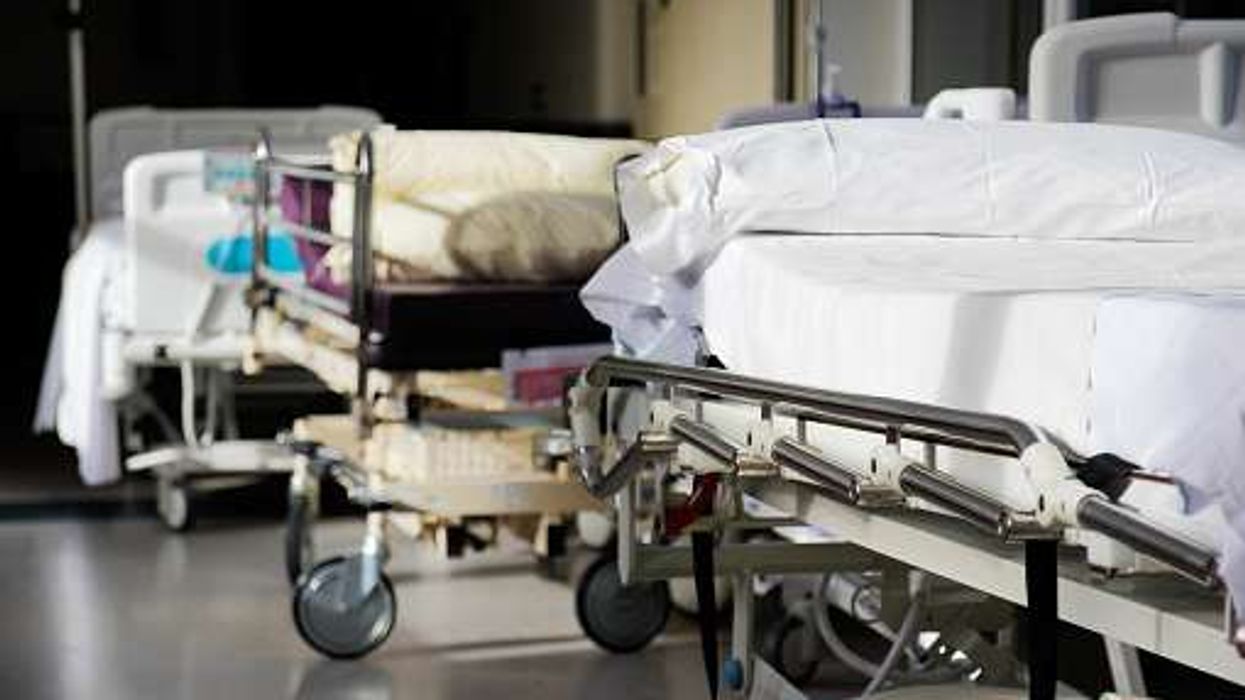The Pharmaceutical Services Negotiating Committee (PSNC) has announced that the margin delivery rates will increase from October as the agreed £100m write-off is implemented.
“The baseline margin allowance will remain £800m per year in 2022/23 and 2023/24,” said the PSNC.
“Margin levels in the last two full years (2020/21 and 2021/22), as measured by the Margin Survey of independent pharmacies, were in excess of the baseline allowance, meaning that an excess was accrued.”
It also added: “In October 2022 there will be a modest uplift to Drug Tariff prices, and further uplifts will also be enacted in subsequent Drug Tariffs in 2022/23 and 2023/24 (subject to forecasts of pharmacy contractor margin retention levels being accurate).”
The Single Activity Fee (SAF) will stay set at £1.27 as enter the second half of 2022/23. However, the SAF may be subject to change later in 2022/23 or in 2023/24, depending on prescription volume expectations and overall fee delivery rates.
Transitional Payments were originally scheduled to end in March 2021 but PSNC has successfully negotiated for their extension in subsequent years.
As new services have been introduced and take up of these has accelerated, the amount of unallocated funding left in the CPCF is now less than it previously was. As such, the value of the Transitional Payments will decrease from its current level. Some of the unallocated funding remaining in 2023/24 will be repurposed into a Flat Payment for all contractors (see details below).
Over the course of the second half of 2022/23, the value of the Transitional Payments will be phased down. This will start in October 2022 with a reduction in payment levels to approximately 85% of the current level, as shown in the following table:
| Number of items per month from 1 October 2022 | Monthly Dispensing Payment of the Transitional Payment from 1 October 2022 | Monthly Service Payment of the Transitional Payment from October 2022 |
| 0 – 100 | £0 | £0 |
| 101 – 2,500 | £51.55 | £51.55 |
| 2,501 – 5,000 | £600.60 | £600.60 |
| 5,001 – 12,500 | £757.84 | £757.84 |
| 12,501 – 19,167 | £821.42 | £821.42 |
| 19,168+ | £853.22 | £853.22 |
Further significant reductions will also be needed before March 2023. Funding delivery levels will be monitored on a month-by-month basis by PSNC and DHSC, in order to determine the appropriate level for the Transitional Payments as we approach March 2023.
In addition to the reduction in the value of the Transitional Payments, there will also be an increase in the proportion of these payments linked to service delivery. From November 2022, the ‘service element’ of the Transitional Payment will make up 75% of the value of the Transitional Payment.
From April 2023, a new flat payment will be made to all contractors dispensing at least 101 items per month. The total funding allocation for the flat payment will be £70m annually.











